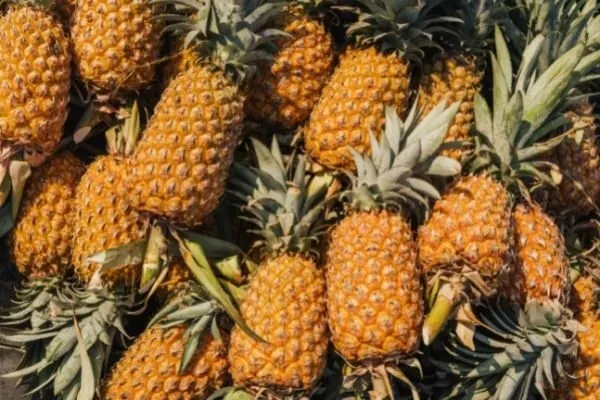
| Bucket list adventures around the globe
welcome to
finding alexx
A travel blog sharing epic adventures around the world for travellers on any budget
READ THE BLOGKia ora, I'm Alexx!
I'm a Kiwi blogger, photographer and solo female traveller, and I'm here to help you bring your travel dreams to life.
My travels have taken me to 57 countries in the past ten years, some on university exchanges & working holiday visas, some while working my 9-5 in the travel industry, and some while travelling full-time as a digital nomad, creating content for travel brands all around the world.
Here at Finding Alexx I share all the adventures (and misadventures) that come with full-time solo travel, honest reviews of the places I've visited, and actionable travel tips that will actually help you plan your own unforgettable trip, whether you're pinching pennies on a backpacker budget or ready to splurge for the trip of a lifetime.
So if you're looking for epic places to stay, things to do and experiences to have, and if you want to learn how to make the most of your time and money, you're in the right place.
Read my story
Follow my adventures
Sign up to receive emails about epic experiences around the globe, handy travel hacks to save you time and money, and a healthy dose of the misadventures behind the adventures.
What are you looking for?
Planning your first solo trip?
I've travelled solo to 41 countries around the world (57 in total!), moved overseas by myself twice, and spent nine months travelling full-time on an epic solo round the world adventure.
My detailed solo female travel guide will teach you how to travel confidently, responsibly & safely, all while having the absolute time of your life. This guide includes all the info I wish I knew before my first trip as a solo female traveller.
SEE MY SOLO TRAVEL GUIDEWhere are you planning to go?
Resource guides
Want to know all the tools and platforms I use to book my trips and build my blog? I've created two detailed resource guides with all my recommendations.
Travel resources Blogging resourcesMy most popular blog posts

Is a Eurail Pass worth it? An honest review + budget breakdown

The ultimate 3 week Scandinavia itinerary

The ultimate 10 day Switzerland itinerary

38 solo travel safety tips to keep you safe while travelling alone

The ultimate travel bucket list: 50+ epic experiences around the world

The ultimate Italy bucket list: 50+ epic things to do in Italy

The ultimate 2 month Europe itinerary











